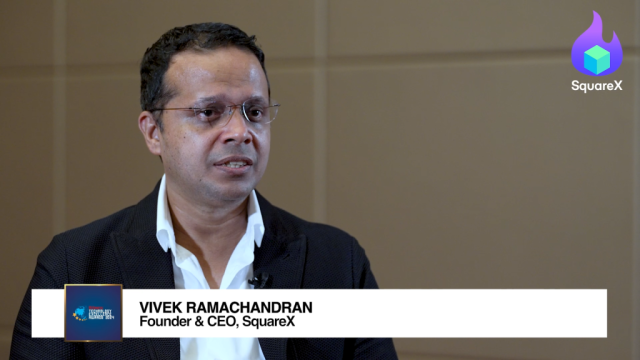
China's metal imports to moderate after improving in 1H
Chinese iron ore production forecasted to decline by 10%.
China's metal imports will decelerate over the years due to weakened demand from the country's slowing economy, says BMI Research.
In H116 imports were strong as government stimulus in the housing sector boosted demand for metals used in construction.
The housing stimulus measures were a combination of easing credit conditions, lower down payments and tax cuts. As a result, positive sentiment surrounding the property market and China's economy, and improving domestic housing data led to increased steel demand, which translated into a sharp rally in steel prices.
Apart from steel, positive sentiment and speculation surrounding the Chinese economy also led to rallies in prices of most industrial metals in general. The rally in prices supported a strong growth in steel production, which led to an increase in net steel exports from China. In H116, Chinese net steel exports grew by 12.1% y-o-y, which has slowed to a y-o-y growth of 5.6% and -9.3% in July and August 2016, respectively. Aluminium production also accelerated, as well as bauxite imports.
However, as the impact of government stimulus measures have started to fade and strict steel capacity cuts are being enforced, BMI expects net steel exports to decelerate over the coming months, peaking in 2016.
Likewise, it expects iron ore import growth to decelerate with the slowdown in steel production.
Nevertheless, it believes iron ore import growth will remain positive as domestic ore production will contract faster than the slowdown of steel production.
"We forecast Chinese iron ore production to decline by 10.0% in 2016, whereas steel output will only contract by 1.0%. Similarly, we expect bauxite import growth to decelerate as aluminium production slows, but a shortage of domestic ores will ensure the deceleration is not too pronounced," said BMI.
According to BMI, China will account for only 22.8% of global bauxite output, compared to an estimated 55.7% and 53.4% of global refined aluminium production and consumption respectively in 2016.
Over the coming years, BMI said that Chinese aluminium production cuts will begin to relieve global market oversupply, as the country remains the key driver of both global supply and consumption.
"We expect China's aluminium exports to peak in 2016 on the back of announced output cuts. China's aluminium surplus will narrow considerably, falling from 2.2 million tonnes (mnt) in 2016 to 1.0mnt by 2020," said BMI.
























 Advertise
Advertise









